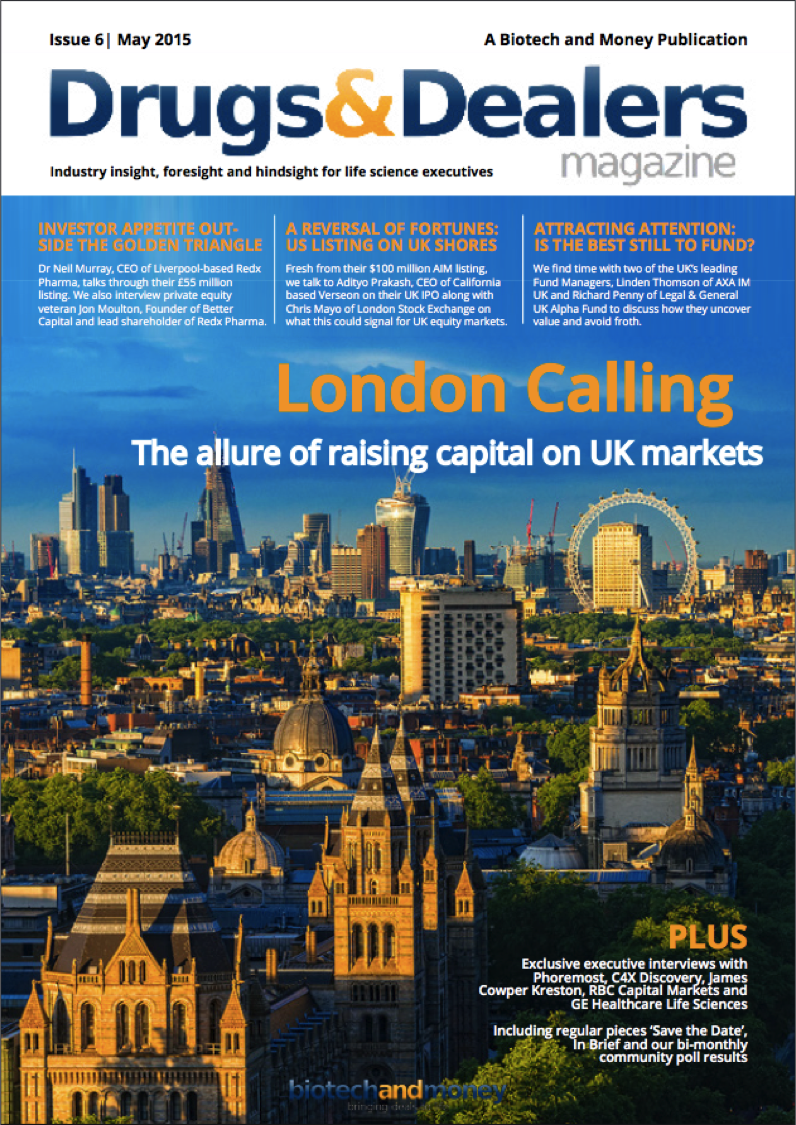New York City as a life science powerhouse
Quality sites
- Online Casinos UK
- Casino Non Aams
- Casinos Not On Gamstop
- UK Casinos Not On Gamstop
- Best UK Casinos Not On Gamstop
- Casino Sites Not On Gamstop
- Meilleur Casino En Ligne Live
- Casino Sites Not On Gamstop
- Casino Sites Not On Gamstop
- Non Gamstop Casino Sites UK
- Non Gamstop Casinos
- Best Online Casino Canada
- Casino Sites Not On Gamstop
- Non Gamstop Casino UK
- UK Online Casinos Not On Gamstop
- Best Slot Sites 2025
- Casinos Not On Gamstop
- Meilleur Casino En Ligne
- Non Gamstop Casinos
- Slots Not On Gamstop
- Non Gamstop Casino
- New Online Casinos Not Registered With Gamstop
- Casino Non Aams Sicuri
- Casino Sites UK Not On Gamstop
- Casino Non Aams Italia
- Bitcoin Casino
- Meilleur Site Casino En Ligne Belgique
- Casino App
- Migliori Siti Scommesse Non Aams
- Meilleur Casino En Ligne De France
- Nouveau Jeu Casino En Ligne
- No Kyc Online Casino
New York has much to be proud of when it comes to life science research and innovation. Not only does it house several world class medical research centres, including Columbia, Cornell, Rockefeller and NYU, but with the New York Genome Centre, it is also making a name for itself as a leading centre in Genomics research. Proximity to both Big Pharma and Wall Street also make New York a potentially ideal location for young, business-savvy biotech start-ups.
However, with its high rents and crowded urban streets, many biotechs prefer to set up their R&D centres in spacious green-belt regions, with room to breathe, cheap lab facilities and, of course, pleasant countryside surroundings.
The reality has been that things just aren’t easy for biotech entrepreneurs wanting to flourish in the city. Unfortunately, the city cannot provide them with what they needed most: VC capital, affordable lab space in which to develop their technology, and quality human capital with the management knowhow needed to raise capital and grow the company. In an interview with Nature, Maria Grotsch, president and CEO of the partnership fund for New York, summed it up when she said that there has long been a problem of keeping biomedical commercialisation within the city. “In the early days, a VC would fly in, go along First Avenue, stand outside Rockefeller and bring three things: a CEO, a bag of cash and a moving van to take it somewhere else.”
“In the early days, a VC would fly in, go along First Avenue, stand outside Rockefeller and bring three things: a CEO, a bag of cash and a moving van to take it somewhere else.”
Many options do exist for hungry young biotechs who want to stay within NYC’s walls. The newly set-up Alexandria Centre for Life, located in Downtown Manhattan, provides state of the art lab space for life science firms. With over $51 million in funds raised through Eli Lilly, Pfizer Venture Investments and Johnson & Johnson Development Corp., this space appears ideal. But the reality swings more in the favour of large multi-nationals – such as Roche, who have based their US development centre headquarters there.
BioBAT – lab space based in Brooklyn’s Army Terminal space – sees the opposite problem. Whilst the rents may be more affordable than Alexandria’s, the location leaves much to be desired. The academic hubs of Weill Cornell, Columbia and Rockefeller, based back in Manhattan are so near yet so far – a big dissuader for up-and-coming biotechs still in need for nurturing. According to an article by Wall Street Journal, its nine storeys remain mostly empty.
Add to the mix a general skepticism in biotech investment by venture capital firms and the allure of the financial sector to young talent, and you have a recipe for abandonment, where promising young scientists either up sticks and head to Boston or San Francisco, or leave the sector completely to pursue a financial career.
But the tide is turning. New York, having recognized the risk facing its biotech sector, is making an active choice to keep new talent in the city. A biotech fund, set up by former mayor Michael Bloomberg and the New York City Economic Development Corp. (NYCEDC), and invested in by both Celgene and Eli Lilly, is providing $150 million specifically for biotech start-up funding. Dubbed the Early-Stage Life Sciences Funding Initiative, this fund sees venture capital firms Arch Ventures and Flagship ventures directing funds towards med tech and therapeutics respectively, with an aim to create two thousand new life science jobs by the year 2020.
And the issue of cheap lab-space is also being addressed. Harlem Biospace, located in Manhattan, provides the best of both worlds, with more affordable and start-up-friendly rent rates accompanied by a desirable location, close to university campuses. Sam Sia, founder of Harlem Biospace and associate professor of biomedical engineering at Columbia University, said “By staying in the city, [new biotech entrepreneurs] can spend half their time researching and half their time speaking to investors.”
“By staying in the city, [new biotech entrepreneurs] can spend half their time researching and half their time speaking to investors.”
And for those who still long for spacious countryside bases in the green belt, hope exists. In recent years, several biotech startups from Long Island have been funded by Accelerate Long Island and its strategic partner, the Long Island Emerging Technologies Fund, both of whom are backed by Long Island VC firms Topspin Fund and Jove Equity Partners. Surveyors of NYC’s biotech scene should keep a beady eye on the goings on of Long Island.
Truly, New York is a hub of life science potential, with a real urge to get the ball rolling. Home to numerous accelerator schemes, world top 100 universities to rival the nearby academic hub of Boston, MA, and with the New York Genome Centre leading the world stage in genomics research from the heart of Manhattan, The Big Apple has never tasted sweeter for biotech.
With this fresh new attitude towards nurturing new talent, New York is shifting the paradigm of where and how life science companies grow, stirring up interest in biotechnology for venture capital firms, and creating a new atmosphere of innovation and collaboration in the city.
On the 17th of November 2015, Biotech and Money will host its prestigious New York conference. Attracting some of the biggest names in life sciences, pharma and investment, the Biotech and Money New York event promises to be a unique opportunity to gain a fresh perspective on the life sciences scene in one of the US’s fastest growing biotech hubs. Confirmed speakers include Marc Tessier-Lavigne, President of The Rockefeller University, one of New York’s most well respected life science research centres; Susan Solomon, CEO of the New York Stem Cell Foundation; Todd Sherer, CEO of The Michael J. Fox Foundation for Parkinson’s Research, and Tom Maniatis, Chairman of the Department of Biochemistry and Molecular Biophysics, and Director of Precision Medicine, Columbia University, and Co-founder, New York Genome Center, one of New York’s best recent biotech success stories. Visit here for more information.




Leave a comment